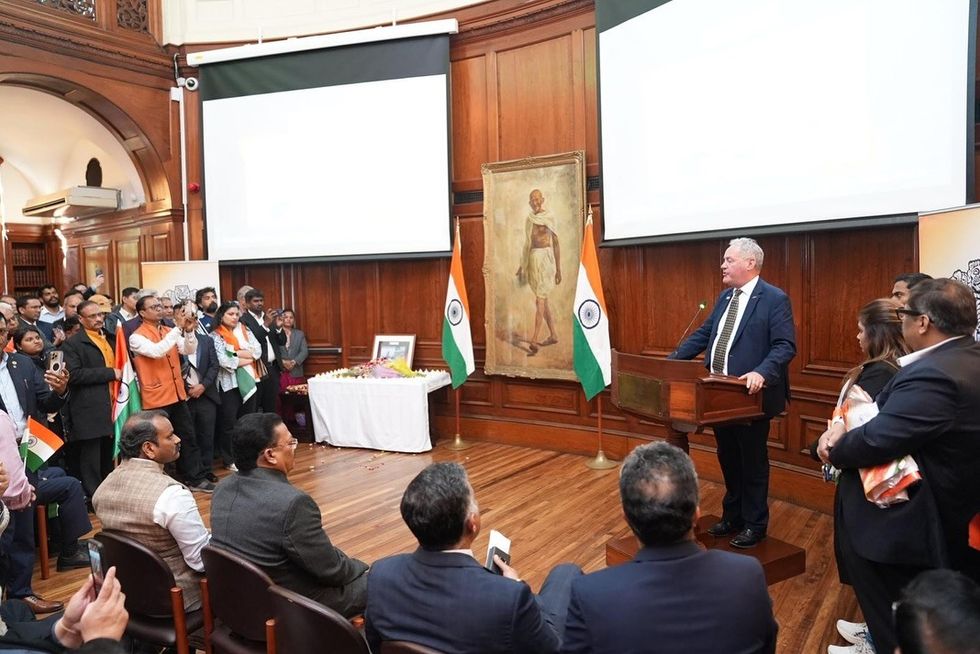Downing Street has warned that the recent "dramatic" fall in Covid cases does not imply that England has passed third wave's peak, after it was revealed that daily new case numbers in the country has fallen for the fifth day in a row on Sunday (25).
With 24, 950 cases reported on Sunday (25) as per government data, it is the first time that the daily cases have fallen below 30,000 since July 6. The last five-day run of falling numbers was in February, shortly after the UK passed the peak of the winter wave.
Despite what some experts are calling a “dramatic” fall, No. 10 has claimed that it is too early to say anything as the full impact of step 4 of unlocking, which only started a week ago, has not yet fed through to the figure.
“Obviously any reduction in cases is encouraging. But the PM has stressed many times before that the pandemic is not over and we are not out of the woods yet,” No. 10 spokesman said.
“We said last week, when we moved to step 4, that allowing large numbers of people to meet in indoor settings would have an impact on case numbers, and it remains the case that we won’t have seen the impact of step 4 yet in terms of cases numbers. So, as we always do, we will continue to keep all the stats under the review.”
However, media reports cited many experts claiming that the recent fall in daily new case numbers implies that the worst is over in England.
Saying that this is "a reassuring trend", Paul Hunter, professor of medicine at the University of East Anglia, said that the "fall is much more dramatic than expected".
"There have been several experts warning of a disaster, but these figures strongly suggest otherwise,” Hunter said, adding that it is too early to see any signal in the data from Freedom Day, which may increase transmission, though “this data suggests that we are coming out of this wave”.
Meanwhile, SAGE expert Sir Jeremy Farrar said that the UK may be able to avoid further spike in cases as “people’s behaviour has changed”.
“It is far too early, on 26 July, a week after restrictions were lifted, to know the impact of the final lifting of those restrictions. But I think people’s behaviour has changed; [they have taken Chris Whitty’s advice and are acting] much more gradually and much more cautiously than perhaps anybody could have imagined 10 days ago,” Farrar said.
“And, to give credit to policymakers and government, that previous restriction was lifted, [they] waited five weeks, the data wasn’t really good enough, and it was extended for another period of time. I think that’s great decision-making,” said the scientist.
Although the end of all the restrictions is expected to result in the rise of cases, other factors - like the impact of ever-larger numbers of people being fully vaccinated, pupils no longer being in school and the hot spell causing Britons to spend more time outside - may continue to push cases down, reports said.




















 Bob Blackman MP speaks during the event
Bob Blackman MP speaks during the event